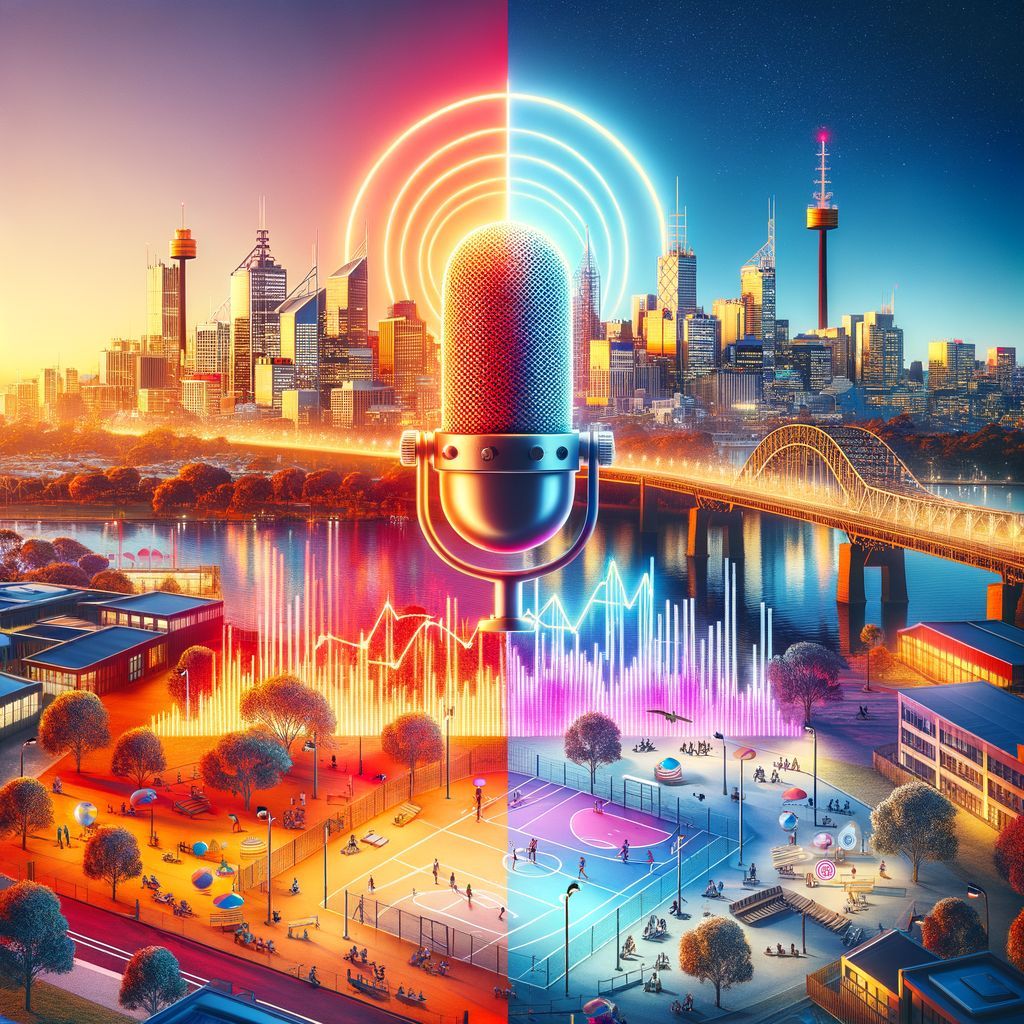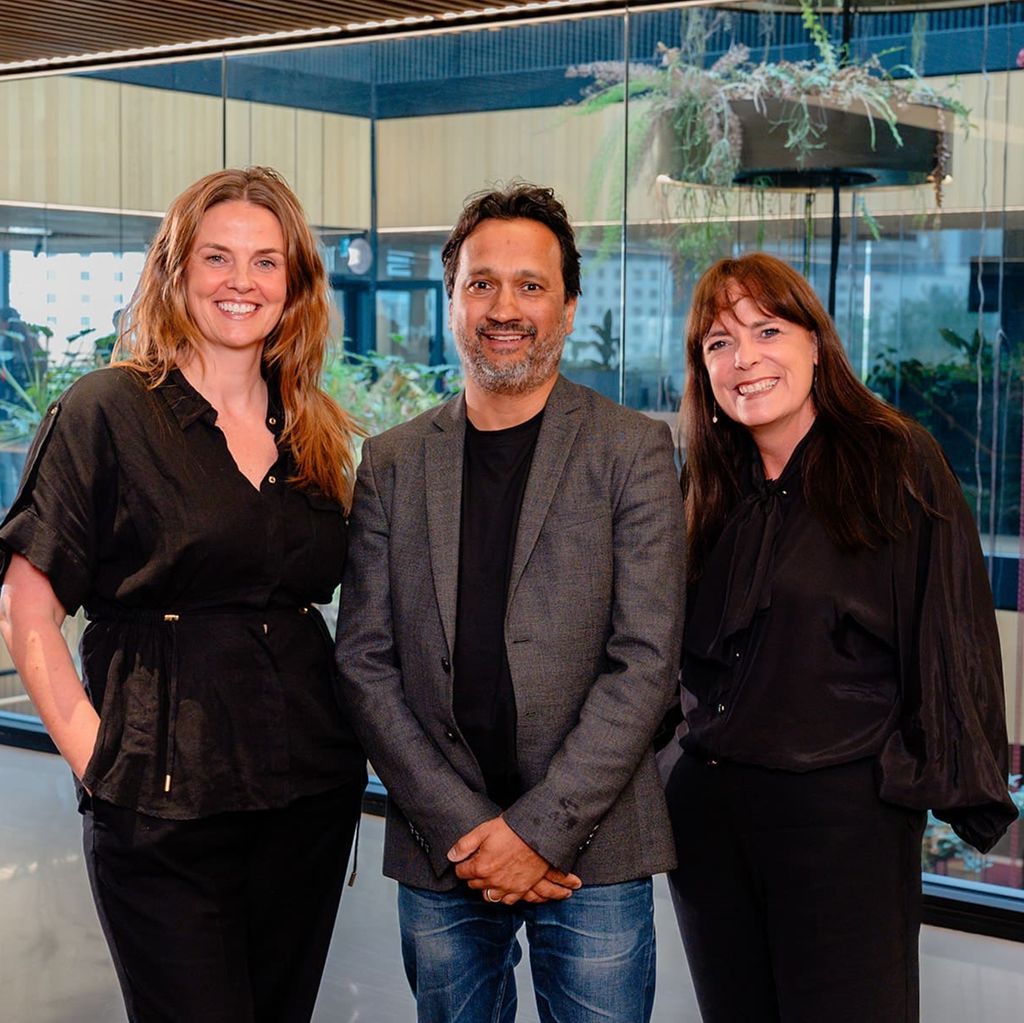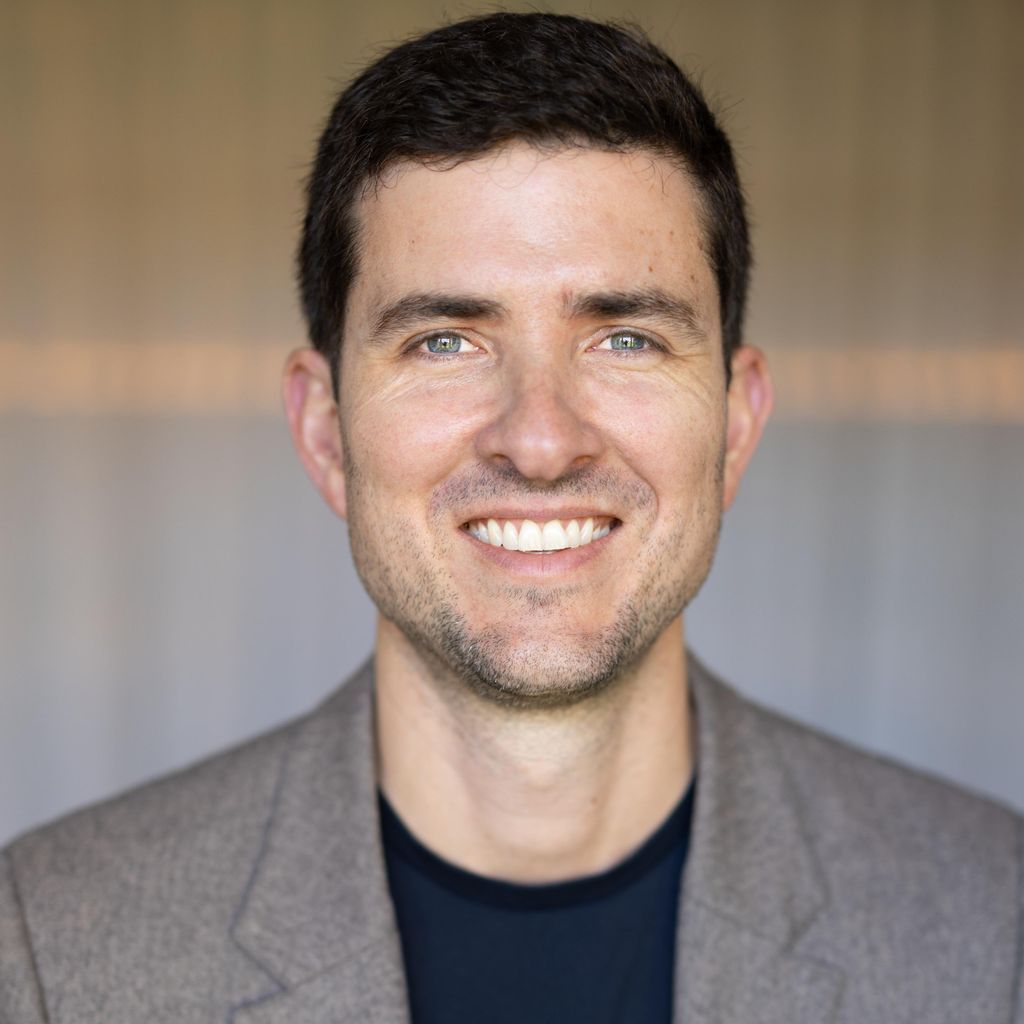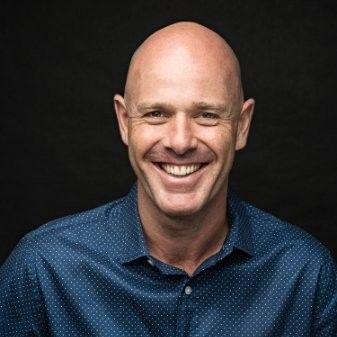

Image by DALL·E Pic: Midjourney
Editors' Note: Many Fast News images are stylised illustrations generated by Dall-E. Photorealism is not intended. View as early and evolving AI art!

Aussie hopes and fears,
In a time of change, they steer,
Future now appears.

New WPP report reveals key challenges and opportunities facing Australian society
WPP has published a new report delving into the Australian psyche, exploring fears about the future and desires for solutions in areas such as aged care, housing, education, healthcare, and technology.
Titled 'Australia 2035 and Beyond: Hopes, Fears, Aspirations and Desires', the report is aimed at business leaders who need to future-proof brand strategy, craft campaigns that resonate in a time of transformation, and build trust and loyalty in a sceptical age.
Key findings from the report include that 74% of Australians believe we've lost the ability to debate critical issues respectfully, 53% are scared to speak their mind publicly, and fear of retribution on social media is high. This sense was particularly strong amongst Gen Z respondents, of whom 30% strong agreed, versus 17% of Baby Boomers.
On this background, the report lays out a series of ideas and recommendations that the authors, WPP ANZ president Rose Herceg and chief strategy officer Katie Rigg-Smith, suggest that "if our youngest citizens don’t feel they can speak their mind, it also means they are not exposed to the breadth of opinions that encourage critical thinking and deductive reasoning". With these skills "already in short supply" the pair pose that this might "shape how Australia looks and feels ten years from now".
Aged care was outlined as a core issue in Australia, with 71% ranking aged care in their top three Australian service sectors requiring radical change. Among those who are 70 years or younger, more than half (56%) agreed that they had avoided thinking about how and where they will live once they are over the age of 70.
The report proposes multigenerational living as one possible solution to the aged care and housing crises, with nearly nine in ten (88%) Australian citizens agreeing that Australia needs a new housing solution once and for all.
Here, 75% did not think they would ever be able to buy their own home, with more than half of renters (55%) strongly agreeing to that sentiment. Meanwhile, 38% of home owners believe they will never pay off their mortgage.
According to ABS data, 335,000 people already living in multigenerational homes, with the report finding that 64% of Australian citizens agree that intergenerational living makes economic sense - this sentiment was particularly strong amongst those from multicultural immigrant backgrounds, with 29% of those who speak a language other than English at home strongly agreeing versus only 19% of those who only spoke English at home.
On the immigration front, 71% of Australians agreed that a country is stronger when it is more racially and ethnically diverse, however we are evenly split on the prospect that Australia should 'be more open to immigration’ (51% said yes).
As for education, 84% believed the education system needs a dramatic overhaul and 77% feel that schools are currently not doing enough to prepare our children for job related skills, such as critical thinking, deductive reasoning and judgement. The same percentage feel that schools are currently not doing enough to prepare our children with the necessary life skills allowing them to adapt to difficult situations.
Dishearteningly, only 48% of Australians believed that the next generation will have a better life.
On healthcare, 93% agreed that ‘my country should have a system that guarantees all people have access to free health care’, and 95% agree that ‘receiving health are should not result in financial hardship’. However, fear Medicare is breaking down because it costs more to service than Australians are paying through the income levy and a quarter ranked Medicare as the sector needing the most radical change. 62% said they would pay more for Medicare if it meant that they didn’t need additional private health insurance.
Finally, the report covers technology, revealing that 80% fear of data privacy risks, increased reliance of technology and financial exclusion that comes with a fully cashless society.
Meanwhile, 50% of Australians agreed ‘the benefits of AI outweigh the threats’, and 85% feel that while they are doing all they can to be safe online, they still feel at risk.
Social media was also divisive, with less than half (47%) believing ‘social media has a positive effect on society’, and 67% supportive of any legislation being introduced banning all children from social media until they are 16 years of age.
This study was conducted online between 2-10 August 2024 by YouGov, with a sample of 1,255 Australian citizens aged 18+. The data has been weighted by age, gender, education and the 2022 Federal Election vote. Supplementary data was provided by WPP’s BAV Group and their 2024 Best Countries study.










